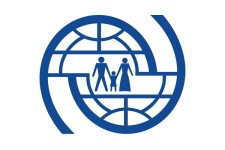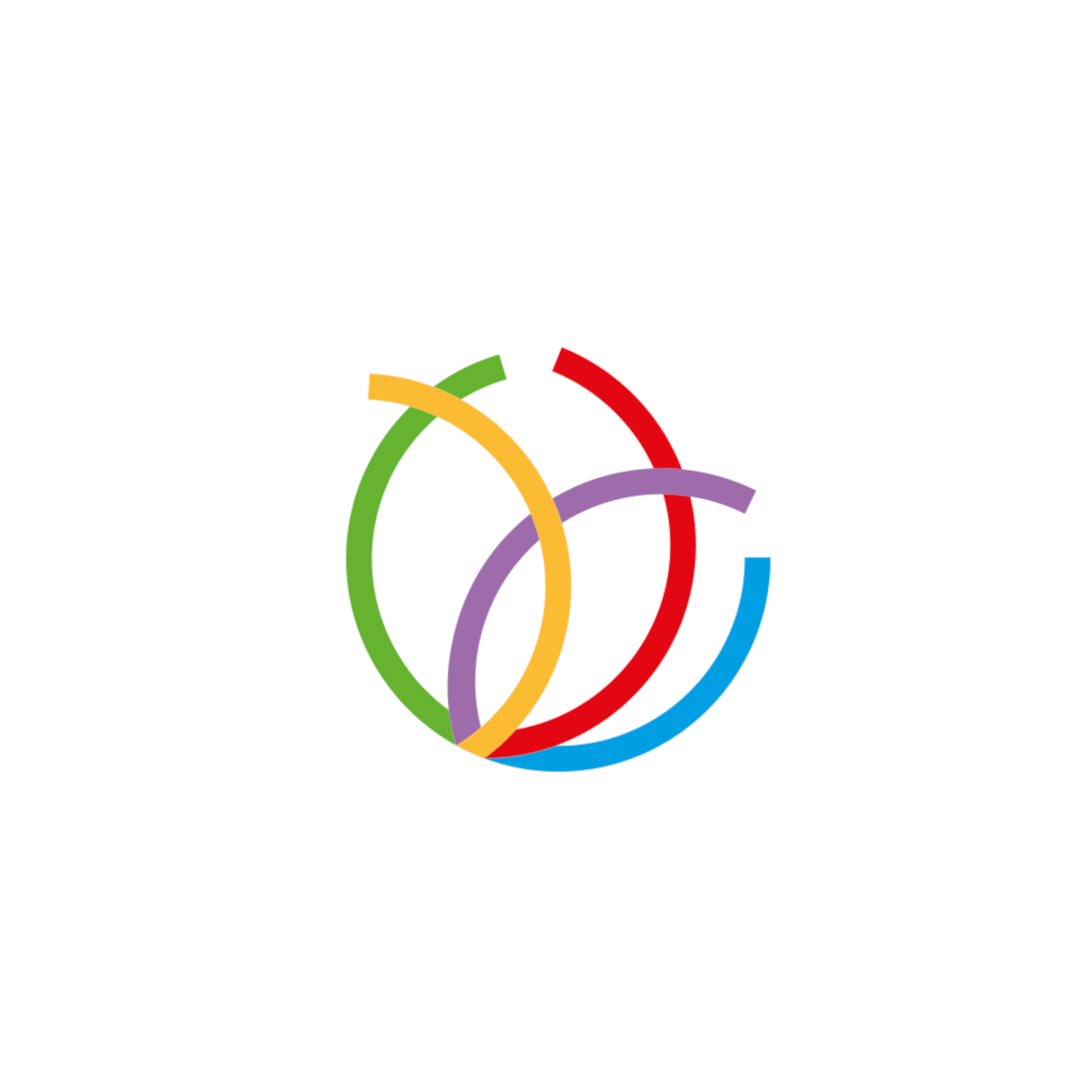International Organization for Migration (IOM)

Established in 1951, the International Organization for Migration (IOM) is the leading intergovernmental organization in the field of migration and is committed to the principle that humane and orderly migration benefits migrants and society. IOM is part of the United Nations system, as a related organization.
IOM supports migrants across the world, developing effective responses to the shifting dynamics of migration and, as such, is a key source of advice on migration policy and practice. The organization works in emergency situations, developing the resilience of all people on the move, and particularly those in situations of vulnerability, as well as building capacity within governments to manage all forms and impacts of mobility.
The Organization is guided by the principles enshrined in the Charter of the United Nations, including upholding human rights for all. Respect for the rights, dignity and well-being of migrants remains paramount.
The organization’s work is guided by several core frameworks. The 12-point strategy, adopted by IOM’s Council in 2007, outlines the core objectives of the Organization, and provides an effective description of the scope of IOM’s work. In 2015, IOM Member States endorsed the Migration Governance Framework (MiGOF), which sets out overarching objectives and principles which, if fulfilled and enacted, form the basis for an effective approach to migration governance.
Within its Migration Health Division (MHD), the International Organization for Migration (IOM), in its role of United Nations Migration Agency, delivers and promotes comprehensive, preventive and curative health programmes which are beneficial, accessible, and equitable for migrants and mobile populations. Bridging the needs of both migrants and IOM member states, MHD, in close collaboration with partners, contributes towards the physical, mental and social well-being of migrants, enabling them and host communities to achieve social and economic development.
- United Nations
- Public health, global health
- Humanitarian or development action
- Policy brief or recommendation of good practices
- Mainly international

